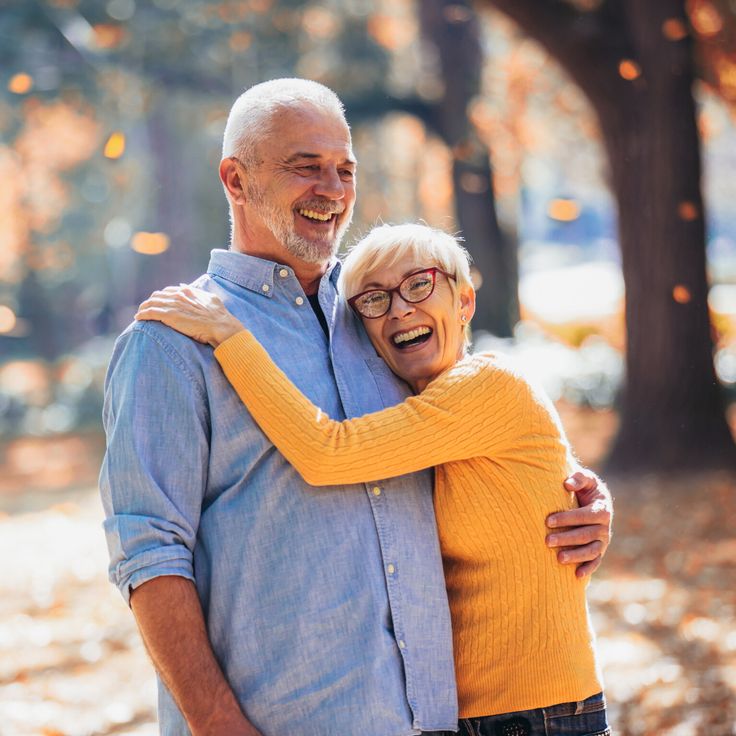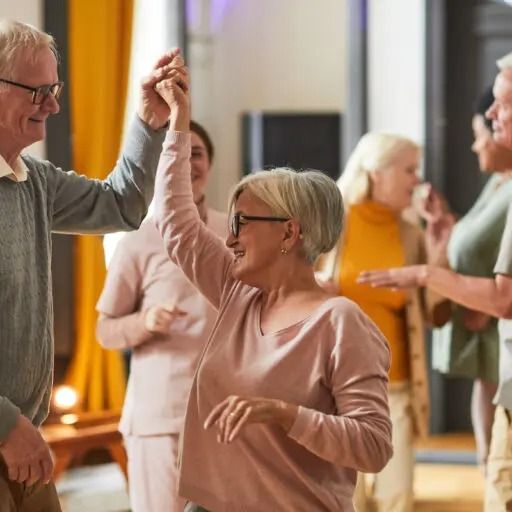
Aging And Social Relationships, Consider Margaret and George, two aging neighbors. Margaret, 88, walks to the neighborhood café first thing in the morning to catch up over a cup of tea with pals.
Mostly staying at home, George, 85, watches TV and eats meals by himself. Now, where would you lay your money if you were to guess on who will live longer? Science says Margaret has the edge, not from her tea but from her social contacts.
Longevity goes beyond running marathons and eating vegetables. It concerns relationships. Studies have found strong social bonds to increase lifespan, enhance heart health, minimize stress, and even reduce the risk of diseases like Alzheimer’s.
Indeed, studies have linked loneliness to a higher early death risk than smoking 15 cigarettes a day..
What then is the science underlying this? And how might one foster solid social ties for a longer, better life? Let us explore now.
Social connections affect practically all aspects of human health. Those who live near friends, relatives, and members of their community usually lead longer and better lives.
They create a barrier against stress, therefore lowering the detrimental effects of emotional suffering and anxiety. One of the key stress hormones, cortisol is lowered in real connection and oxytocin releasing individuals.
This biological process demonstrates the fast favorable physiological consequences of social bonds. Conversely, ongoing loneliness has been associated with more inflammation, impaired immune system, and higher risk of cardiovascular disease.
This sense of solitude influences mental health as well as physical elements; it accelerates aging and raises death rates.


Aging And Social Relationships, Maintaining strong social networks becomes ever more important as people age. Older persons who have the chance to socialize—that is, spend time with friends, relatives, or at community events—had far less risk of cognitive deterioration.
Studies have demonstrated that active social life helps to prevent neurodegenerative illnesses including Alzheimer’s. Regular discussions, forced laughs, or even friend ideas imposed help keep the mind moving and help you to maintain cognitive ability even at the age of eighty.
Furthermore, social participation fosters a feeling of meaning, which is usually a crucial component in the lifetime of people who stay active in their surroundings.
The cognitive benefits are not the only advantage of social relationships; they influence lifestyle choices that affect overall health. Having a strong support system makes it more likely for one to adopt and maintain healthy habits.
Friends and family members often implore each other to eat nutritious foods, exercise regularly, and follow medical advice.
Redirection of negative behaviors such as smoking or high-risk alcohol use is critical when positively influenced by peers. However, without a support system, people may be more likely to do harmful things because they are not motivated by others.
Aging And Social Relationships, Marriage and long-term partnerships maximize lifespans and well-being. Research indicates married people have longer lifespans than single people.
The emotional support, shared responsibilities, and companionship provide a steady environment conducive to emotional well-being.
But the quality of those relationships is just as important as their existence. As damaging as loneliness, toxic relationships involve emotional wear and tear, repeated fights, or neglect. Positive and supportive social relationships benefit health more than the presence of social connections.
Friends and family are just one type of social connection. A healthy social life can also be developed through joining groups, communal volunteering, or working in social institutions. A sense of belonging to a group gives emotional security and a bolstering of self-esteem.


Religious communities, hobby clubs, and professional networks, groups such as these provide a space where people can engage meaningfully with others, which can relieve loneliness and help meet the need for a sense of purpose. Researchers have linked this sense of purpose to a longer and more satisfying life.
Technology profoundly changed the nature of social interactions. Through technological progress enables individuals to remain in contact with one another throughout great separations, the digital counterpart cannot always take the place of the closeness and intensity of direct communication.
Social media networks provide the means of connecting; however, they are arguably a poor replacement for real friendships in that the emotional void left by the lack of a real person is impossible to fill.
Finding the right balance between online and real-world socializing is essential to a healthy social life. People who combine reality with the virtual world tend to receive much deeper benefits from the social world.
Aging And Social Relationships, Social life is shaped by cultural elements which also affect longevity and health. In certain societies, senior family members have active communal responsibilities and multigenerational living situations are the norm.
These settings let a built-in support system foster mental and emotional well-being. Therefore, especially among their senior people, a focus on individualism and social fragmentation in dysfunctional cultures can help to encourage isolation.
Cultural Variations Affect Your Aging Process Understanding these cultural impacts enables us to explain why some people tend to experience better general health results and longer lives.
Loneliness and social isolation have emerged as rising public health challenges. There are rising fears around the health risks of social disconnection, which could stem from the rise of “solo living” and falling engagement with local communities in certain societies.

Globally, leaders from governments and organizations have started to see social isolation as a major health problem that needs to be addressed through programs (a), especially with a growing older population, to promote social inclusion. Simple interventions like community centers, social clubs, and intergenerational programs have shown promise in counteracting the deleterious effects of loneliness.

Among the most effective things you can do for your health is make investments in relationships.
If one thing this article teaches is this: schedule time for connecting, call that friend, join a club. Thank you; your future self, along with your lifespan, will appreciate it.
Who, therefore, should you get in touch with today? It could just extend your life by years.
Studies show that it can negatively impact our stress levels, immune function, and even cardiovascular diseases and cognitive function. Chronic loneliness elevates inflammation, which drives aging and different chronic ailments.
Although social media provides a platform to stay in touch, it often lacks the depth and emotional connection of face-to-face interactions. We can achieve some grounding in social life virtually, but our lives shouldn’t be completely remote-controlled.
Socialization, whether through community activities, social groupings, volunteerism, consistent contact with family and friends, or participation in lifelong learning programs, is a good way to stave off loneliness.
Studies show that married people live longer because of emotional support, shared responsibilities, and companionship. But the nature of a relationship is a huge factor, healthy relationships are beneficial, while toxic relationships can be detrimental.
And places where family relationships come first, where people work together in a community, where generations support each other, often have longer lives. Healthy social networks offer emotional reassurance and meaning, as well as practical help, the latter being links to those things that promote long-term well-being.
So although digital communication is a convenient solution to connect with those far away, prioritizing face-to-face interactions, arranging regular meet-ups with friends and family, and taking part in community events are ways to ensure that social bonds are nurtured and meaningful.